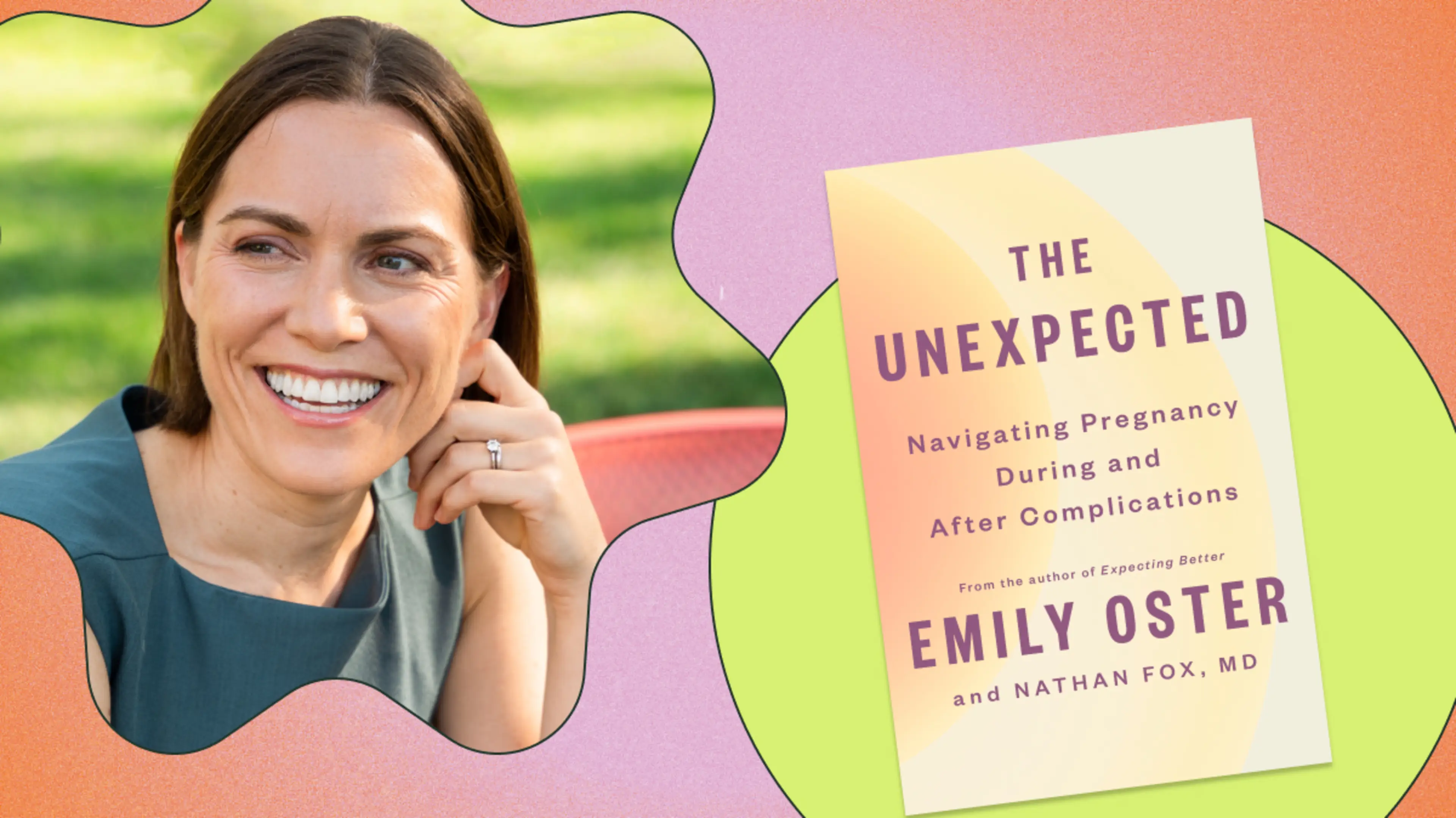TLDR: If you’re trying to conceive, adding a meditation practice can potentially help improve your fertility. Benefits of incorporating mindfulness practice into your daily routine include reducing your stress, balancing your hormones, and improving your relationship with your partner and yourself.
When I first began trying to get pregnant, I thought my physical health was of the utmost importance. I researched the best foods to eat, the best way to exercise, what vitamins to take, and how to track my ovulation properly, but as my body got stronger, my emotions spun out of control.
I found myself stressing out during the two-week wait, and having a lot of anxiety about whether my husband and I were going to be able to get pregnant. It was during this time that I began to realize how much my thoughts were affecting me–and perhaps my chances of conceiving. Whenever I felt sad, anxious, or depressed about not being pregnant, it would impact my relationship, my energy at work, my cycle, and the way I felt about myself.
Noticing this, I began to look for natural ways to decrease my stress, and that’s when I learned about the benefits of meditation for fertility. When I dove into the research on how meditation can help boost fertility, I was shocked to realize how much someone’s emotional well-being could factor into their ability to get pregnant.
Dr. Shaun Williams1 , an endocrinologist, and partner at Illume Fertility, praises meditation for the conception journey, saying, “A healthy mind is an essential part of a healthy overall lifestyle, and meditation and mindfulness are excellent tools for maintaining your mental and emotional well being. They have been shown to decrease psychological distress and anxiety, which can lead to health problems, including reproductive health issues.”
To that point, below are four evidence-backed reasons why fertility meditation can positively impact your chances of getting pregnant.
Balanced Hormones
According to fertility specialists Dr. Robert Greene and Laurie Tarkan in their book Perfect Hormone Balance for Fertility: The Ultimate Guide to Getting Pregnant2 , nothing has a greater impact on fertility than someone’s hormone balance. Like a lot of women, I thought that the only way to balance my hormones was through diet and exercise. I had no idea that meditation influences important hormone centers3 in the brain, which can promote hormone balance to help you conceive as well.
Reduce Stress
My stress was at an all-time high while I was trying to conceive, but I didn’t understand that that could impact my fertility. Numerous studies have shown that stress is linked to reduced fertility4 in both men and women.
In one study of 291 women undergoing IVF treatment, it was found that anxiety and depression negatively affected pregnancy rates5 . Luckily, regularly meditating can benefit your psychological health6 and stress management skills, which can in turn help maximize your ability to conceive.
Stronger Relationships
My marriage has never been as turbulent as it was while we were trying to conceive. However, when I started meditating, my relationship with my husband improved, and we started working together instead of feeling so alone in our struggles. Mindfulness practices enhance emotional regulation6 , patience, as well as self-kindness. These qualities can help maintain and strengthen relationships with your loved ones and provide a warm and loving environment for your baby.
Increased Self-Compassion
The person I was toughest on during my fertility journey was myself. I thought it was all my fault that we weren’t conceiving as quickly as we expected, and I blamed my body for not doing what I wanted it to do. However, when I started meditating, I started trusting my body—and myself again. Meditation is associated with increased compassion7 , which can be an effective tool for managing social anxiety, marital conflicts, anger, and other negative emotions.
If your pregnancy journey is taking a toll on you, meditation is worth adding to your routine. It can only help, as Dr. Williams reminds us: “Your mental health is just as important as your physical health, so incorporating tools like meditation before pregnancy can have a positive impact on fertility and lead to a healthier pregnancy and baby.”
Expectful has guided meditations made specifically for women on their fertility journey and covers both the emotional and physical side of fertility—sleep meditations, gratitude meditations, walking meditations, and meditations for relaxing or starting your day.












